Extended Producer Responsibility: Enabling Closed-Loop Lithium ion Battery Recycling
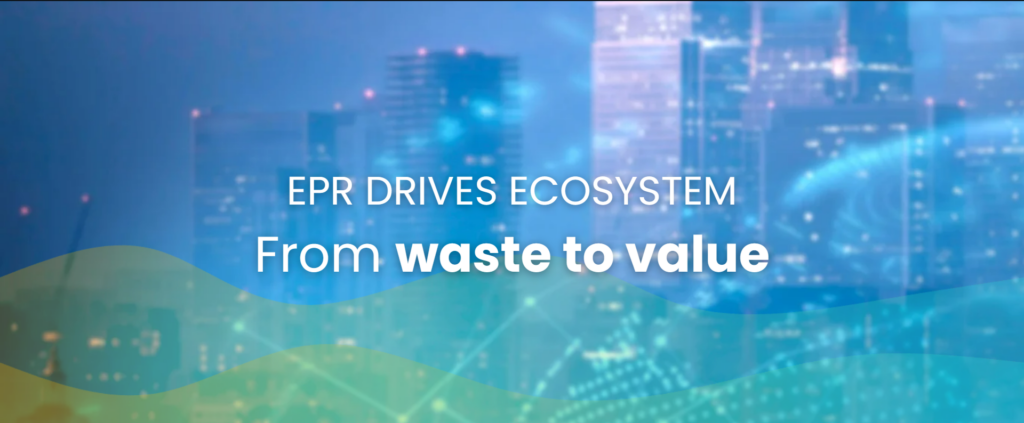
This article will explore the concept of EPR and how it can facilitate energy transition and build a sustainable circular economy. It will also discuss the recent mandate of EPR for battery manufacturers, EV companies, battery ecosystem stakeholders in India, and overview how LOHUM helps battery Original Equipment Manufacturers (OEMs) fulfill their EPR compliance under the Battery Waste Management Rules of India, (BWMR 2022), as well as other examples of EPR legislation worldwide.
Second-Life of Used EV Batteries: 5 Bottlenecks
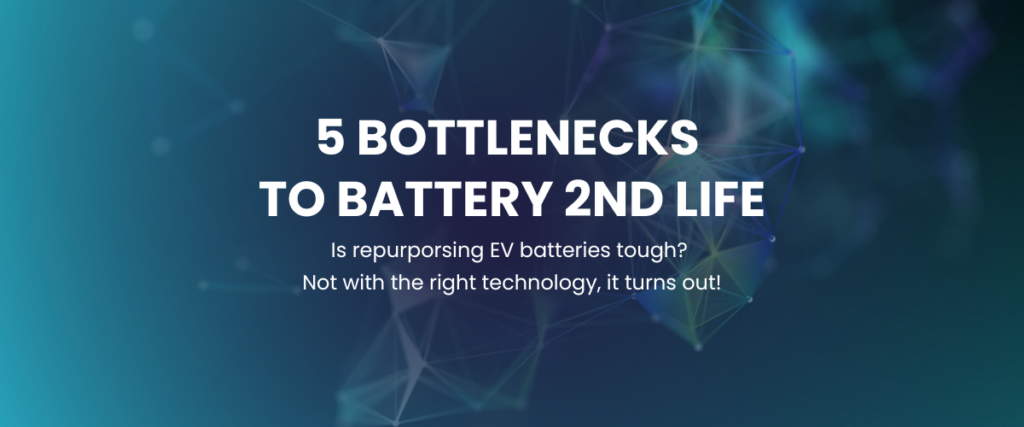
Maximizing the second life of battery energy storage systems is crucial for the long-term viability and commercial success of the clean energy transition ecosystem. Developing advanced technologies & control systems, ensuring stability in the supply chain, and addressing safety considerations are key actions to break through the bottlenecks.
Revolutionizing Energy Transition Asset Trade
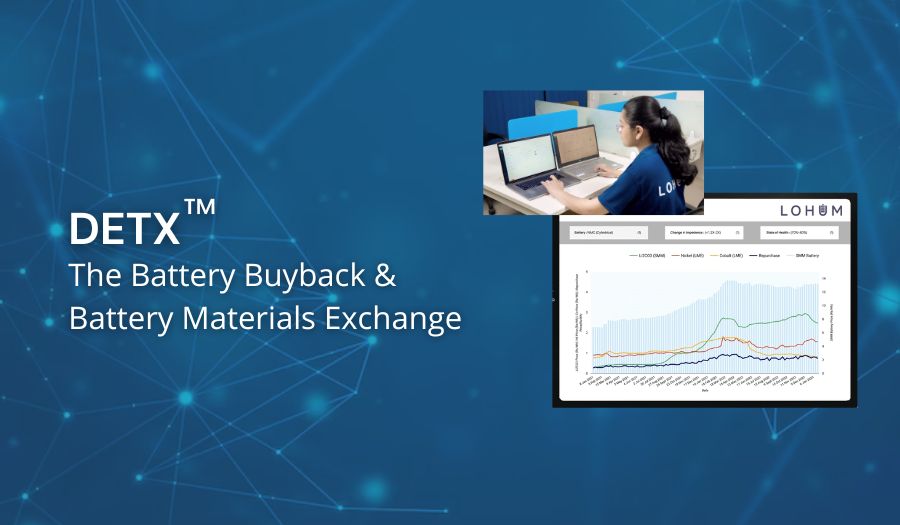
In the dynamic landscape of the clean energy transition, where the demand for sustainable solutions is rapidly escalating in a race against the depletion of finite resources, transparency and traceability play pivotal roles in the long-term viability of the entire ecosystem. At LOHUM, we are committed to reshaping the battery industry via a transformative platform to benefit all stakeholders.
Introducing the Delhi Energy Transition Exchange™, or DETX™, a battery buyback platform and battery materials exchange thoughtfully designed to revolutionize the way we trade energy transition ecosystem assets.
Infinite Recyclability of Batteries
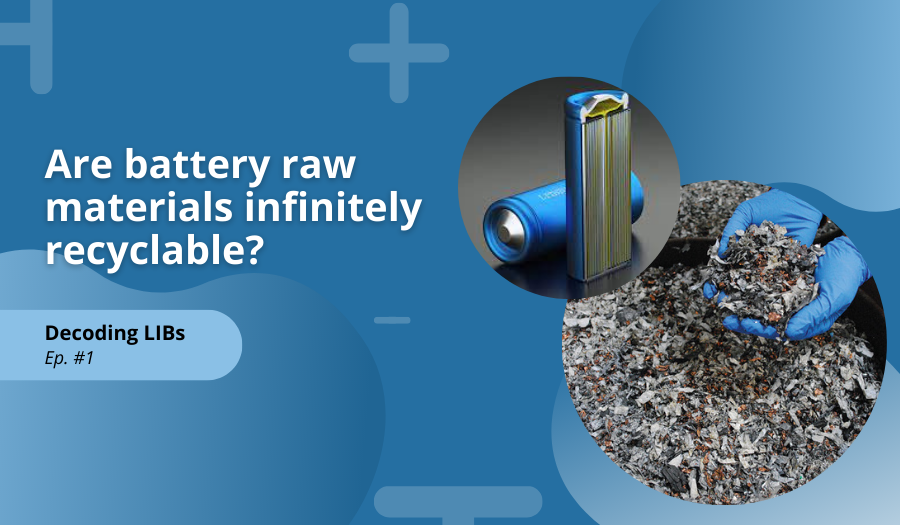
We sat down with Gazanfar Safvi, Head of Recycling & Chemicals at LOHUM, to answer “Are battery raw materials really infinitely recyclable? If so, how is that possible?” and “Does recycling battery produce materials as good as virgin mined materials?”, delve into the viability of battery material recycling, and explore the potential of recycled materials compared to newly mined ones in this exclusive read.
Circular Economy: Realists’ Utopia
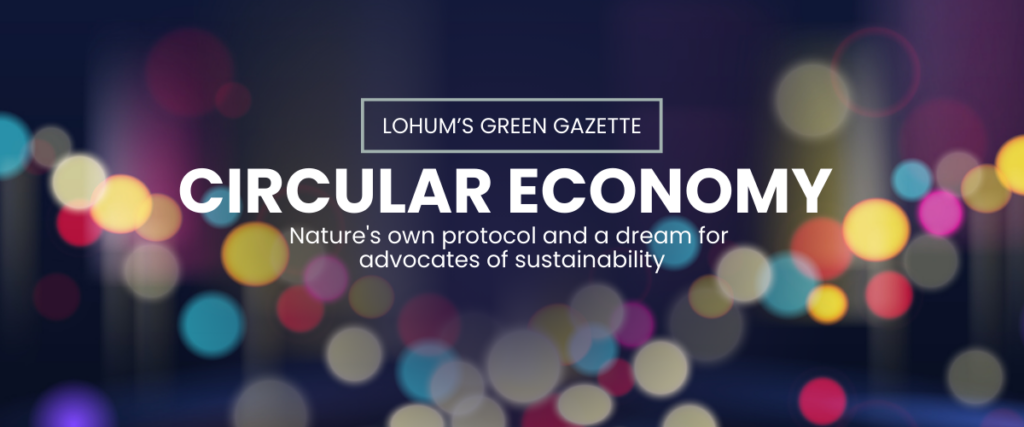
By taking inspiration from nature and adopting a circular economy approach, we can create a clean and green planet by reducing waste, conserving resources, mitigating the impacts of climate change, and augmenting the natural processes that regulate ecological cycles. Everyone from individuals to corporations and governments can contribute in the efforts towards the creation of a realists’ utopia on Earth. We hope that this overview has inspired you, and reminded you that you can make a difference, no matter where or who you are. Stay tuned to the Lohum blog for more sustainability, battery energy, circular economy, recycling and repurposing
Together, let’s make circular economy the new normal!